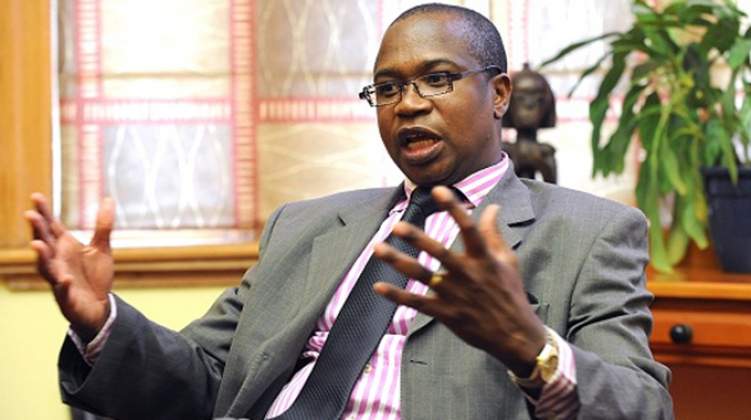Staff Reporter
The Minister of Finance and Economic Development, Professor Mthuli Ncube yesterday launched the Zimbabwe Mercantile Exchange (ZMX), the country’s Commodity Exchange platform designed to support agricultural development in Zimbabwe.
Speaking during the launch, Prof Mthuli revealed that the ZMX system would be based on a Warehouse Receipt System designed to support agricultural development in Zimbabwe.
“The Warehouse Receipt System is key in addressing one of the challenges farmers face, that of poor storage facilities resulting in post-harvest losses. According to the Food and Agricultural Organisation estimate, post-harvest losses encountered by small scale farmers can be as high as 25%.
“The innovation whose operationalisation we are witnessing today will greatly assist in reducing these post-harvest losses thereby giving our small-scale farmers more value for their efforts,” said Prof Ncube.
Describing the warehouse infrastructure and its operations, Minister Mthuli said the infrastructure that had been developed was suitable for both commodities classified as strategic grains like maize, wheat and soya beans as well as any other agricultural commodities including the likes of barley, coffee, groundnuts, macadamia nuts, millet, oats, pecan nuts, rapoko, rice, sorghum, sugar bean, tea, cowpeas and round nuts.
Meanwhile, government has put its weight on the initiative given that agriculture is a key economic sector contributing more than 17% of GDP and providing employment for more than 65% of the population.
Minister Ncube added saying, “As you will recall, Government through the 2021 National Budget allocated US$500 000 equivalent as its capital contribution towards the establishment of the Commodity Exchange.
“The Commodities Exchange will encourage formalisation of small-scale farmers to ensure the sustainability of the farming activities, increase in access to credit facilities through collaterisation of agricultural produce and enhance the farmers’ contribution to employment creation, environmental conservation and economic development,” said Minister Ncube.




